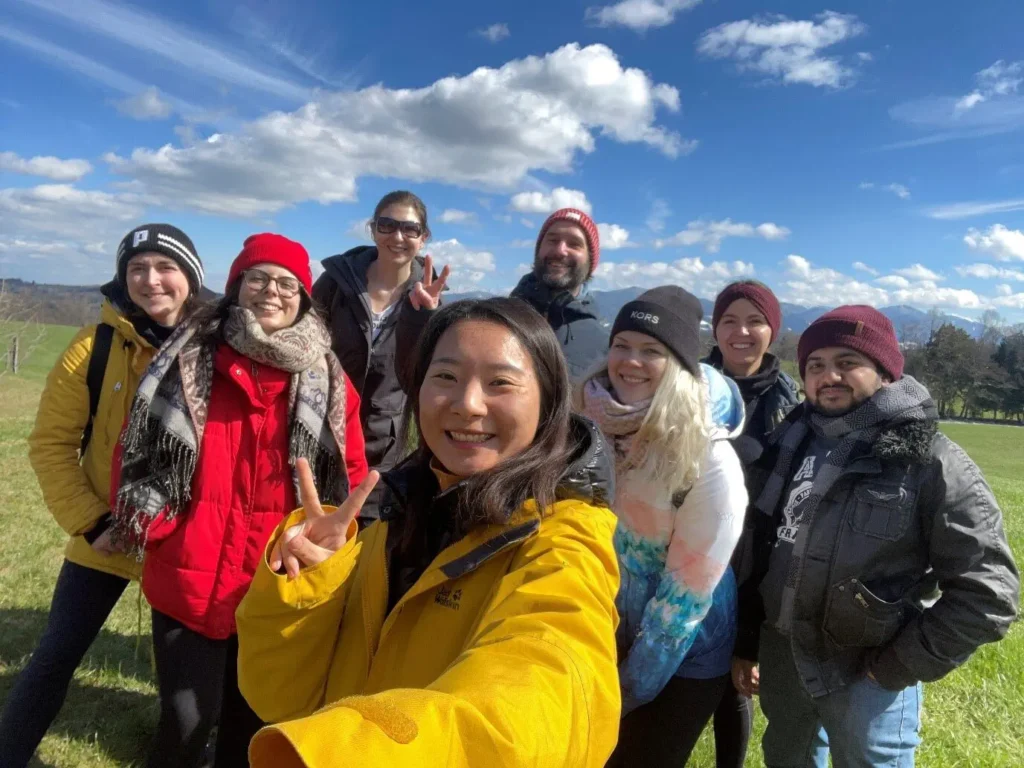The Urban Microbiology working group (previously Microbial Systems group) was established in 2018 and is located at the Chair of Urban Water Systems Engineering at the Technical University of Munich, Germany. The group is under the direction of TUM Junior Fellow Christian Wurzbacher and works on various topics in the water cycle, from basic research in mycology to applied research in close cooperation with environmental engineers on site. Topics related to urban areas are becoming increasingly important for their research.

The work of the group is currently focused around three major research topics:
(1) Fundamental research into the ecology and biodiversity of fungi from the water cycle. This includes investigations into: (a) biodiversity and the role of fungi in the carbon cycle in the thawing of the Arctic permafrost caused by global warming, (b) the role and enzymes of fungi in lakes and streams, and (c) the phylogeny of anaerobic fungi (Neocallimastigomycota and others) in the gut of herbivores and omnivores.
(2) Microbial biotransformation of organic chemicals. Microbial model communities are used to study and decipher the co-operation and genetic repertoire of microbes involved in the degradation of trace compounds. In addition to classical pure culture, the group uses randomly assembled model cultures of low complexity in order to better trace microbial co-operation back to molecular mechanisms.
(3) Urban markers in wastewater streams to monitor planetary health. Originally, the group used SARS-CoV-2 biomarkers to infer community infection rates via viral gene fragments from wastewater. They are currently extending this to other disease markers to make statements about the overall health of a community.
In the laboratory, the group primarily works with culture and molecular based approaches, particularly using long-read sequencing amplicon datasets for analysing microbial ecology and biodiversity in environmental samples.
The Urban Microbiology working group is currently working on methods for characterisation of unknown fungal species: the so-called ‘dark fungal taxa’. This involves the use of a toolbox of different molecular methods which can be applied to different research questions and taxa, including anaerobic fungi. Recently, as a means of working with dark fungal taxa, the group implemented and introduced the entire ribosomal operon as a barcode. These methods are complemented by RNASeq, metagenomes, genomes and targeted quantitative PCR assays.
A special feature of the laboratory is their use of single-cell analysis, which enables them to analyse the genomes of individual cells under the microscope. Single-cell diagnostics has enabled the group to break new ground with in-situ samples, which is an exciting area for their work and potential collaborators.
